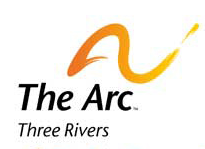Behavior Support Professional (BSP) services are provided to persons with assessed need, as identified on the annual functional assessment, for adaptive skills training. For persons who require adaptive skills training, the BSP performs the following activities:
-
Develops training plans that include person-specific aspects and methods of intervention or instruction;
-
Provides training to staff persons who will implement the training plans on aspects and methods of intervention (i.e., family, Person-Centered Support, Facility-Based Day Habilitation, and Supported Employment) or Respite services if applicable;
-
Evaluates/monitors the effectiveness of the training plans through monthly analysis of programming results;
-
Follows-up once training plans have been implemented to observe progress/regression; and
-
Revises training plans as needed.
In addition, this service may also be utilized to address assessed and identified maladaptive behaviors that require informal or formal intervention. The BSP may perform the following activities:
-
Completes a Functional Assessment to identify targeted maladaptive behaviors;
-
Creates Positive Behavior Support Plans in accordance with the Association for Positive Behavior Support standards of practice;
-
Provides training to staff persons who will implement the Plan (i.e. family, Person- Centered Support, Facility-Based Day Habilitation, Supported Employment, and Respite Direct Support Professionals);
-
Evaluates/monitors the effectiveness of the Positive Behavior Support plan through analysis of programming results that occurs at least monthly;
-
Follows-up once Plan has been implemented to observe progress/regression; and
-
Revises the Plan as needed.
The BSP may also perform the following functions:
-
Develop the task analysis portion of the IHP/ISP and person-specific strategy or methodology for development of habilitation plans;
-
Develop Interactive Guidelines or Behavior Protocols for individuals who do not require a formal Positive Behavior Support Plan;
-
Collaborate with BSPs from other agencies to ensure that Positive Behavior Support strategies are consistently applied across all environments;
-
Facilitate person-centered planning as a component of the Positive Behavior Support plan;
-
Present proposed restrictive measures to the IDDW provider’s Human Rights Committee if no other professional is presenting the same information regarding the person;
-
Evaluate environment(s) for implementation of the ISP which creates the optimal environment for habilitation plans, when clinically indicated and beneficial to the person who receives services;
-
Assist persons who receive services in selecting the most suitable environment for their habilitation needs;
-
Provide on-site training to the support staff in behavior/crisis situations;
-
Consult via telephone during behavioral crisis situations only;
-
Develop/update the behavioral crisis section of the crisis plan;
-
Verify data compiled by Direct Support Professionals for accuracy; and
-
Attend and participate in IDT meetings and the annual assessment of functioning for eligibility conducted by UMC if requested by the person who receives services or their legal representative. Attend and contribute to Futures Planning sessions, including Planning Alternative Tomorrows with Hope (PATHs) and Making Action Plans (MAPs).


